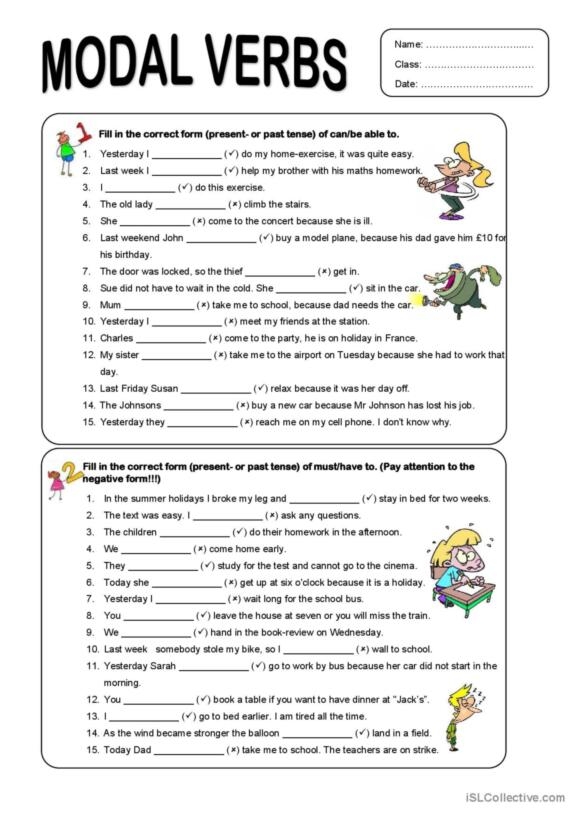The English language is full of various grammatical structures and rules that can sometimes be confusing for learners. One common question that arises is whether “must” is considered a modal verb. Modal verbs are a special type of auxiliary verb that express necessity, possibility, permission, or ability.
Modal verbs include words like “can,” “could,” “will,” “would,” “shall,” “should,” “may,” “might,” and “must.” These verbs are used to modify the main verb in a sentence to convey different meanings. So, is “must” one of these modal verbs?
Is Must a Modal Verb?
Yes, “must” is indeed considered a modal verb in English. It is used to express strong necessity or obligation. For example, “You must finish your homework before you can go out to play.” In this sentence, “must” indicates that completing the homework is necessary before engaging in another activity.
Unlike some other modal verbs, “must” does not have a past tense form. Instead, “had to” is used to express past necessity or obligation. For example, “I had to finish the project before the deadline.”
Additionally, “must” can also be used to express deduction or strong likelihood. For example, “He must be at home by now,” suggests a high probability that he is already at home based on the speaker’s deduction.
It is important to note that “must” is considered a stronger form of obligation than “should” or “ought to.” While these latter modal verbs suggest a recommendation or advice, “must” indicates a requirement that the action be carried out.
Overall, “must” plays an important role as a modal verb in the English language, conveying necessity, obligation, and strong likelihood in various contexts. Understanding its usage can help learners communicate effectively and accurately in both spoken and written English.
In conclusion, “must” is indeed a modal verb in English, used to express necessity, obligation, and deduction. By mastering its usage, learners can enhance their language skills and communicate more effectively in a variety of situations.
